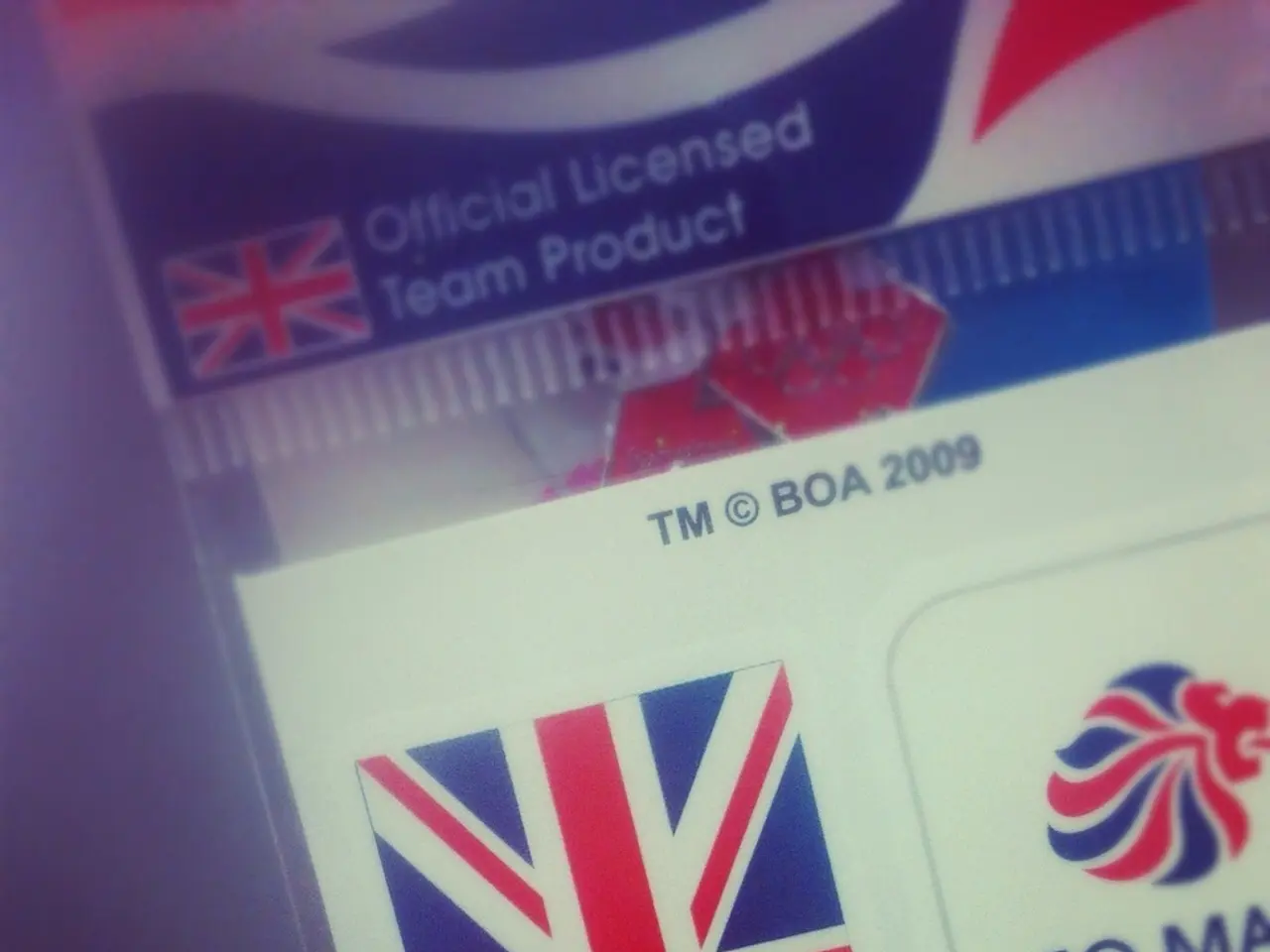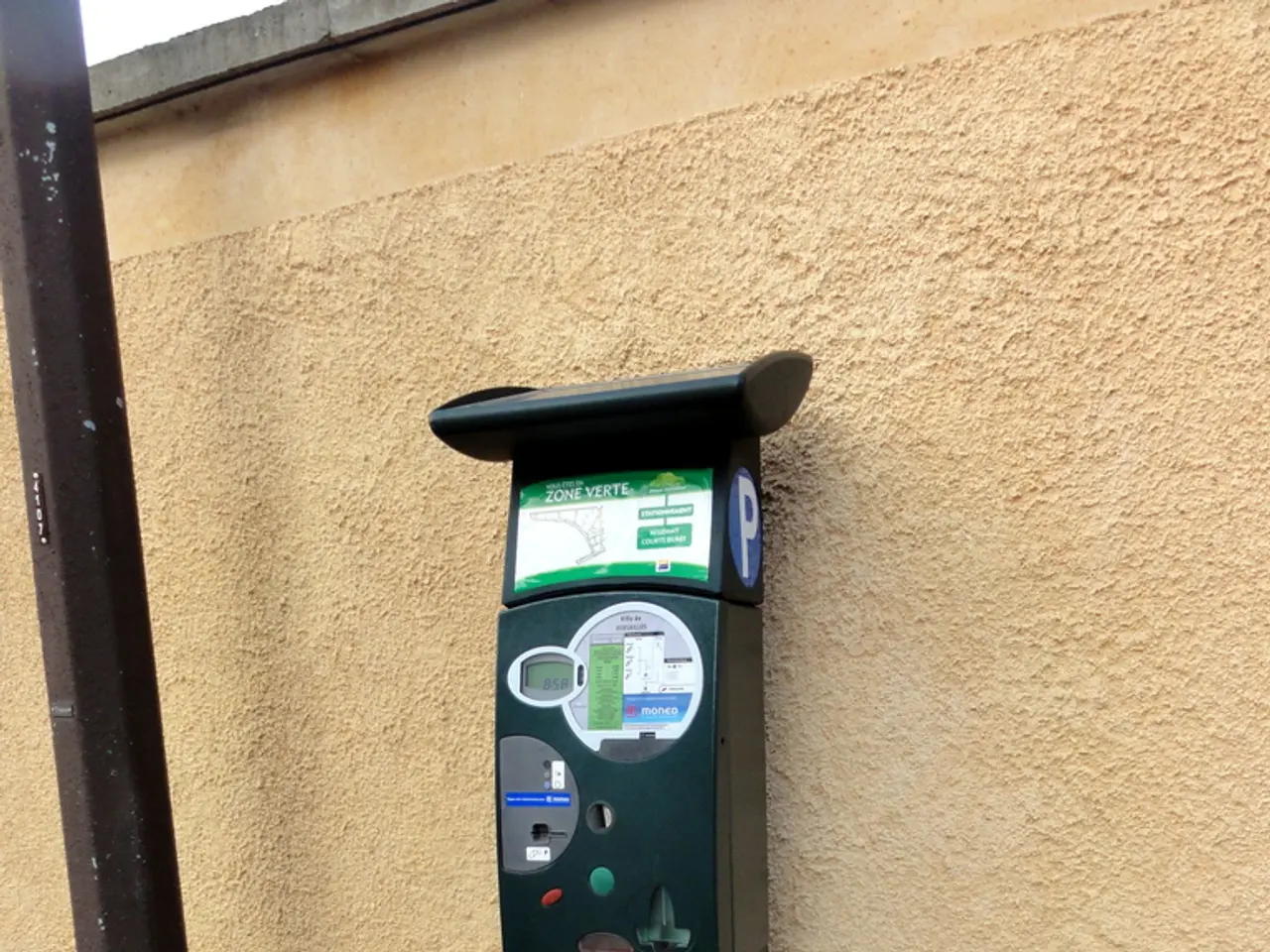"2025-05-28: Exposed: Secret Society's Hack into Government Systems"
The Worldcoin Orb project, a groundbreaking blockchain initiative, is set to reshape the digital landscape by creating a global digital identity system called World ID. This innovative system uses a device called the Orb to scan individuals' irises, generating a unique, anonymous digital identity that proves a user is a real human without storing personal data centrally [1][2][3][4].
The Orb's biometric verification process is underpinned by zero-knowledge proofs, ensuring privacy and preventing fraud and fake accounts, particularly in a digital world increasingly affected by AI and bots. Verified users earn WLD tokens linked to their identity, blending biometric security with cryptocurrency incentives [1][2][3].
The Orb's launch in the U.S. marks a significant milestone, timed to address the growing issue of digital identity, with AI-generated nonsense flooding the internet. Notably, the Orb is co-founded by Sam Altman, CEO of OpenAI, adding to the project's prominence in AI and blockchain circles [1][3][4].
However, the Orb's introduction in the U.S. has raised concerns about privacy and the potential exploitation of less-privileged communities. Lawmakers' skepticism towards crypto, AI, and big tech could lead to close regulation of the Orb. Moreover, misuse, leakage, or sale of data collected by the Orb could set a dangerous precedent [1][2][3].
Critics argue that the incentive of cryptocurrency for using the Orb feels like paying for body data. However, Worldcoin does not store iris images; it only stores encrypted data points that prove a user's uniqueness. If the technology works as promised and the company adheres to its privacy commitments, it could revolutionize online trust and safety [1][2][3].
The Orb, a metal ball, captures iris data, converts it into a unique code, and uses that to confirm a user's humanity. The Orb's goal is to help solve the problem of distinguishing real humans from bots or AI clones online. The Orb has been tested overseas in countries like Germany, Argentina, and India, and is now launching in the U.S., representing a potential future where proving human identity becomes a part of daily life [1][2][3].
Since its beta, Worldcoin has onboarded millions of users worldwide and received substantial venture capital funding, underlining both its rapid growth and ambition to remodel the digital identity infrastructure for the AI age [1][3][4]. The Orb's launch in the U.S. is just the beginning of a significant and ongoing story.
[1] https://www.worldcoin.org/ [2] https://www.coindesk.com/worldcoin-orb-ai-blockchain-digital-identity [3] https://www.wired.com/story/worldcoin-orb-ai-blockchain-digital-identity/ [4] https://www.forbes.com/sites/chuckjaffe/2022/01/27/worldcoin-is-aiming-to-solve-the-digital-identity-problem-with-a-metal-orb/?sh=4f85e79334e0
The Worldcoin Orb, a fusion of science, technology, and finance, leverages cryptocurrency incentives to blend biometric security with innovative AI-resistant mechanisms for digital identity verification. In response to the growing issue of anonymous AI-generated content and digital identity fraud, the Orb aims to authenticate real human identities, thereby reshaping the landscape of the digital world and trust online.




